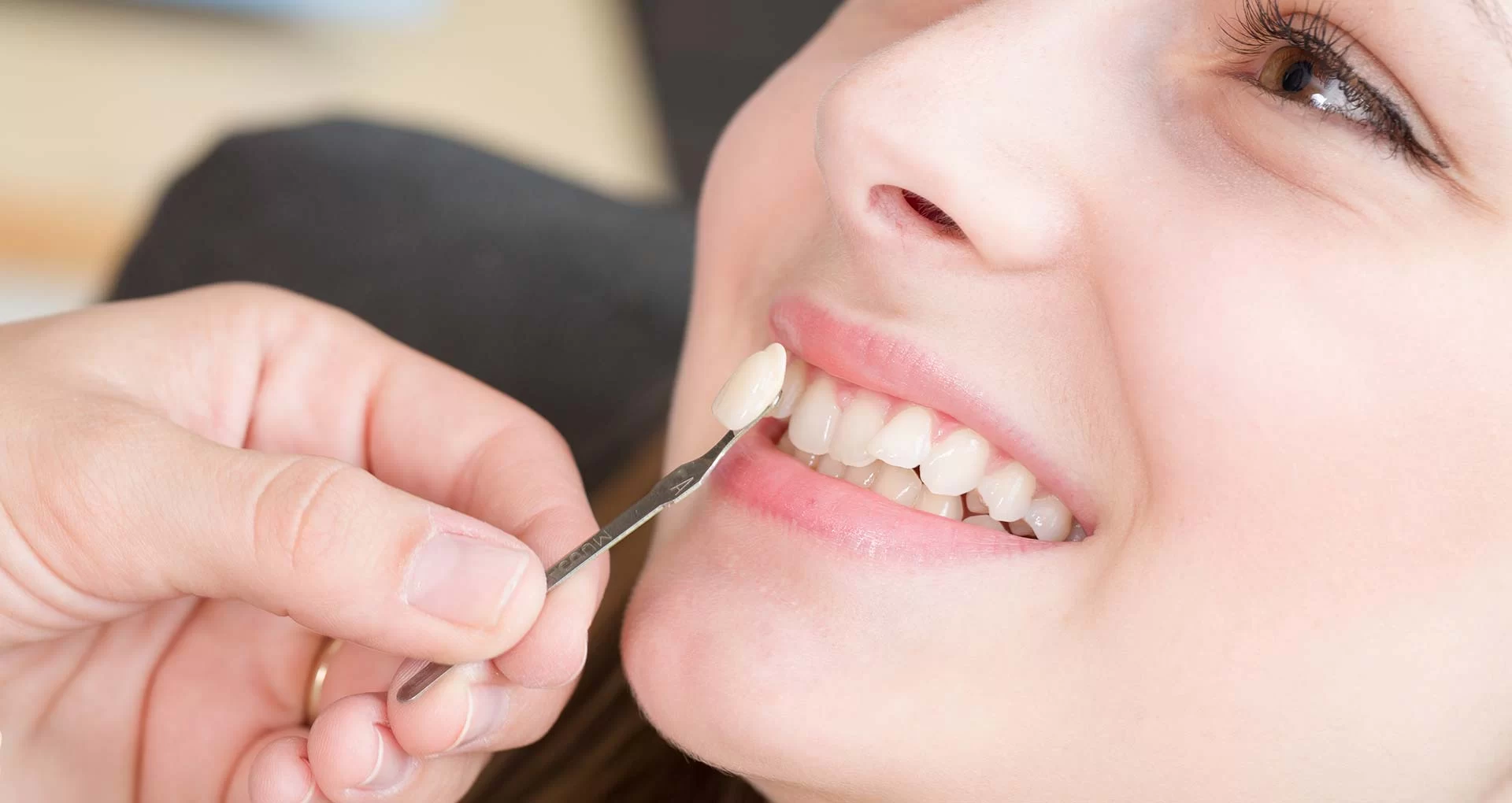
Can Dental Veneers Be Repaired? Everything You Need to Know
- Understanding Dental Veneers
- Can Dental Veneers Be Repaired?
- Common Reasons for Veneer Damage
- Should You Repair or Replace Your Veneers?
- How to Prevent Damage to Your Dental Veneers
Understanding Dental Veneers
Dental veneers are thin, custom-made shells designed to cover the front surface of teeth. They can improve the appearance of your teeth, offering a natural look and enhancing your smile. Made from porcelain or composite resin, veneers are bonded to the tooth structure to correct imperfections such as chips, cracks, gaps, or discoloration.
Veneers have become a popular cosmetic dental treatment due to their ability to provide a lasting and aesthetically pleasing result. However, like all dental restorations, they require care and maintenance to keep them in optimal condition.
Can Dental Veneers Be Repaired?
When it comes to repairing dental veneers, the answer depends on the extent of the damage. In many cases, small chips or cracks in porcelain veneers can be repaired by your dentist using bonding materials. However, major damage, such as large fractures or significant wear, may require replacement of the veneer entirely.
If the damage is minimal, your dentist may be able to smooth and polish the veneer or use a bonding agent to fill in small chips. However, this is not a permanent solution, and the veneer may require replacement down the line.
Repairing vs. Replacing Veneers
While repairing dental veneers is possible in certain situations, replacing the veneer may be the best option if the damage is extensive. Porcelain is a durable material, but it can still break or wear down over time. If the veneer is significantly damaged or has lost its structural integrity, replacing it will restore both the function and appearance of your teeth.
Common Reasons for Veneer Damage
1. Biting into Hard Objects
One of the leading causes of veneer damage is biting into hard objects such as ice, nuts, or even certain hard foods. Veneers are durable but not indestructible. Over time, excessive pressure or impact can cause small chips or cracks to form.
2. Bruxism (Teeth Grinding)
People who grind their teeth, especially at night, are at a higher risk of damaging their veneers. The pressure from grinding can lead to fractures or even break the veneer if left untreated.
3. Accidental Trauma
Accidents such as falls, sports injuries, or even car accidents can cause trauma to your veneers. While porcelain veneers are strong, they can still crack or break from significant impacts.
Should You Repair or Replace Your Veneers?
Deciding whether to repair or replace your dental veneers depends on the severity of the damage. If the veneer is slightly chipped or stained, a simple repair may be sufficient. However, if the veneer is severely damaged, cracked, or worn down, replacing the veneer may be the most effective option to restore both aesthetics and functionality.
When to Repair Veneers
If the damage is minor, such as a small chip, a repair may be a cost-effective option. This can often be done quickly with composite bonding or polishing techniques. It's essential to see your dentist as soon as possible to prevent further damage and to ensure the veneer remains intact.
When to Replace Veneers
If the veneer has large fractures or if its overall structure is compromised, replacement is the better option. Replacing the veneer allows your dentist to provide a more stable and aesthetically pleasing solution that will last longer and function better in the long run.
How to Prevent Damage to Your Dental Veneers
1. Avoid Hard or Sticky Foods
To protect your veneers, try to avoid biting into hard foods like nuts, candy, or ice. These can put unnecessary pressure on the veneers and lead to cracking or chipping. Additionally, sticky foods like caramel can weaken the bond between the veneer and the tooth, making it easier for the veneer to loosen or fall off.
2. Wear a Night Guard
If you suffer from bruxism (teeth grinding), wearing a night guard can help protect your veneers from the excessive pressure caused by grinding. A custom-made night guard from your dentist will prevent damage during sleep.
3. Regular Dental Checkups
Regular visits to your dentist are essential for monitoring the condition of your veneers and addressing any early signs of damage. Professional cleanings and routine checkups will help ensure your veneers remain in good shape for years to come.

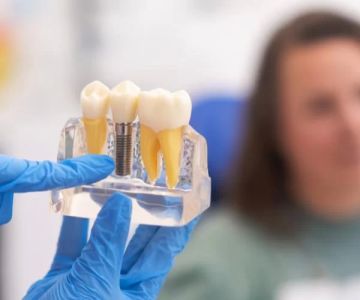
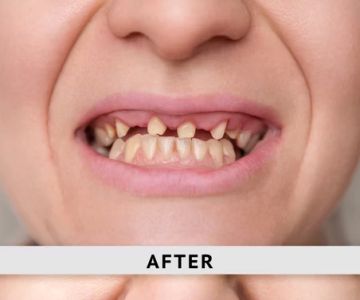

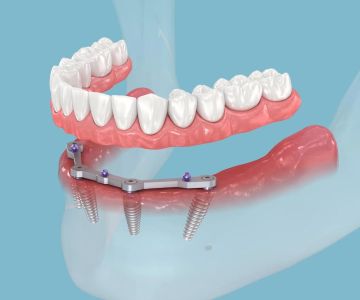
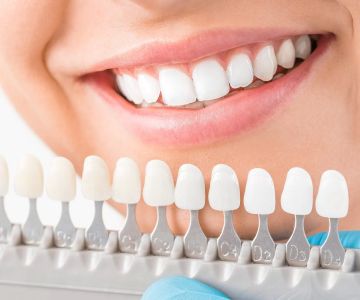
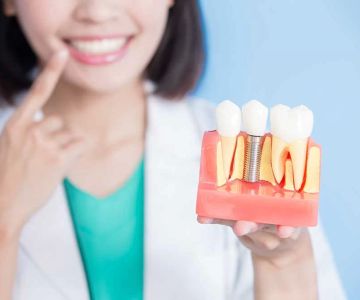
 Westgate Dental Arts
Westgate Dental Arts Coventry Family Dental
Coventry Family Dental Familia Dental
Familia Dental Dr. Daniel S. Fife, DDS
Dr. Daniel S. Fife, DDS Dentistry At Suburban Square: Michael I. Wollock, DMD
Dentistry At Suburban Square: Michael I. Wollock, DMD Comfort Care Dental
Comfort Care Dental The Importance of Oral Health Education During Pregnancy for a Healthy Pregnancy
The Importance of Oral Health Education During Pregnancy for a Healthy Pregnancy Why Skipping Dental Checkups Can Lead to Bigger Oral Health Problems
Why Skipping Dental Checkups Can Lead to Bigger Oral Health Problems Advantages of Porcelain Dental Restorations
Advantages of Porcelain Dental Restorations Best Tips for Brushing Your Teeth Properly for Healthy Gums: Essential Techniques for Oral Health
Best Tips for Brushing Your Teeth Properly for Healthy Gums: Essential Techniques for Oral Health How Can Diabetes Cause Tooth and Gum Problems? Preventing and Managing Oral Health Issues
How Can Diabetes Cause Tooth and Gum Problems? Preventing and Managing Oral Health Issues Healthy Habits for Promoting Good Oral Health and Hygiene: Tips for a Healthy Smile
Healthy Habits for Promoting Good Oral Health and Hygiene: Tips for a Healthy Smile